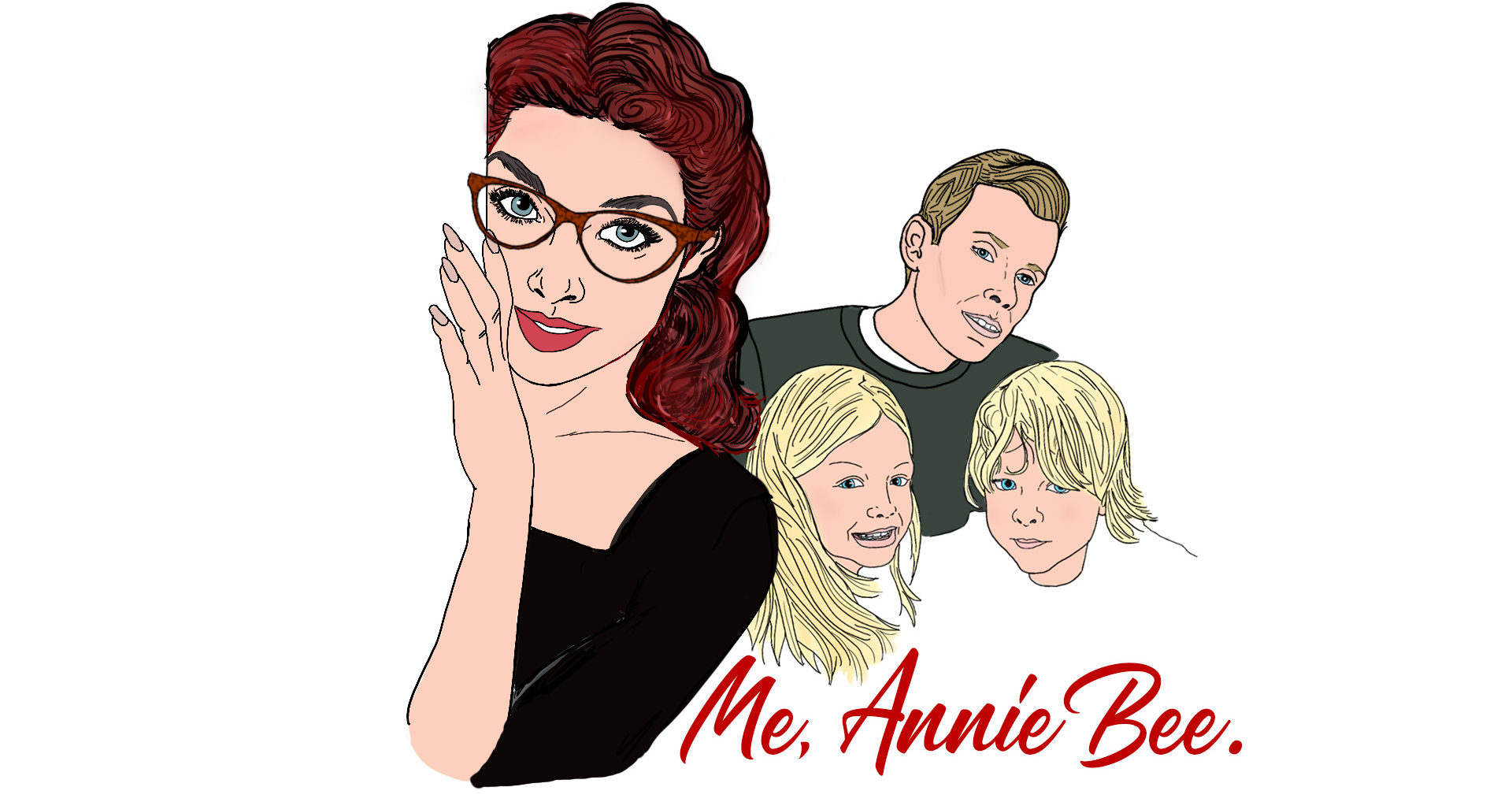
The lowdown on CCJs
A County Court Judgement (CCJ) is a court order in England, Wales and Northern Ireland that can be brought against you if you don’t pay debts. It’s important, if you’re having debt problems, to find out more about CCjs and also about how to deal with them.
What do you do when you get a CCJ claim form letter?
If you receive a claim form you need to talk to a debt advice service immediately. The letter won’t be a surprise as your creditor must send you a warning letter beforehand, asking you to repay your debt to avoid this legal action.
If your credit agreement is regulated under the Consumer Credit Act then you must be sent a default notice at least 14 days before action. You’ll know there’s a CCJ against you once you get this letter; it should also tell you how to respond and what might happen if you don’t. There must also be a copy of the Financial Conduct Authority’s default information sheet included.
How to respond
Ideally you should get advice immediately so that you can deal with the matter in the right way. The court can then look at your circumstances to decide how you should repay your debt.
Don’t ignore the letter because the court will still make a judgement, but without looking at your circumstances. It might ask you to repay the debt in one instalment, for example, rather than reaching an achievable payment schedule.
You have just 14 days to reply to the claim form, so don’t delay.
You must fill out the reply form’s income and expenditure form to tell the court about your income and outgoings so the court can determine how much money you have available to pay off the debt.
You can also:
File a defence if you don’t think you owe the money or if you think the amount is wrong – you need advice for this.
Submit an acknowledgment of service if you plan to defend against the claim but you need more than 14 days to prepare it.
Admit the claim if you agree with the amount – this is when you fill out the income and outgoings form for the court. You should also make an offer of payment.
When you receive the judgement
The court can issue a judgement of instalments, so you pay off the debt over a reasonable period, or a judgement forthwith, where you’re expected to pay the full sum immediately.
If you’ve admitted the debt and made a repayment proposal then you’ll probably get a judgement by instalments and the instalments will be determined using the information in your income and outgoings form.
If you don’t respond, the court can’t look at your circumstances, but will still enter a judgement in default, which may end up as a judgement forthwith.
You can ask for a redetermination, however, if the instalments are too high or if you get a judgement forthwith.
If you fail to keep to the CCJ terms
If you ignore the terms of the CCJ, then the creditor can ask the court to take bailiff action, impose a charging order or an attachment of earnings order.
Bailiff action
Your creditor can ask the county court to send a bailiff to collect the debt; if the court agrees, it’ll issue a Warrant of Execution, which allows the bailiff to visit your home or business. The bailiff can collect the money from you, or seize goods that can be sold to pay the debt.
You can ask the court to suspend the warrant to allow you to pay the money back at a reasonable rate, but you need proper advice here.
Attachment of Earnings order
This order asks for the money to be deducted from your earnings – again, you can get advice from an adviser.
Charging order
If you own or pay a mortgage on a property, your creditor can ask for a Charging Order on it. This only tends to be granted for serious debts, but it could mean that you’re forced to sell the property so that some of the proceeds go to the debt. In this instance you need urgent advice.

This is a collaborative post. Please see my full disclosure here
Share the love.
Related
You May Also Like

The Waterfront Hotel and Y Spa – Wyboston Lakes Review
July 10, 2019
Weekly Winedown #40 The Bolney Estate Dark Harvest.
June 1, 2018



